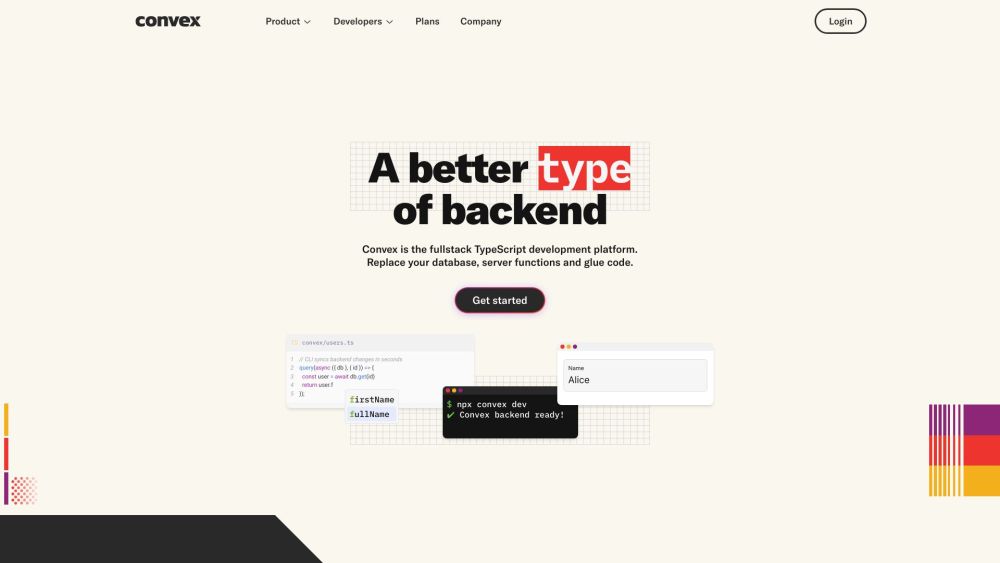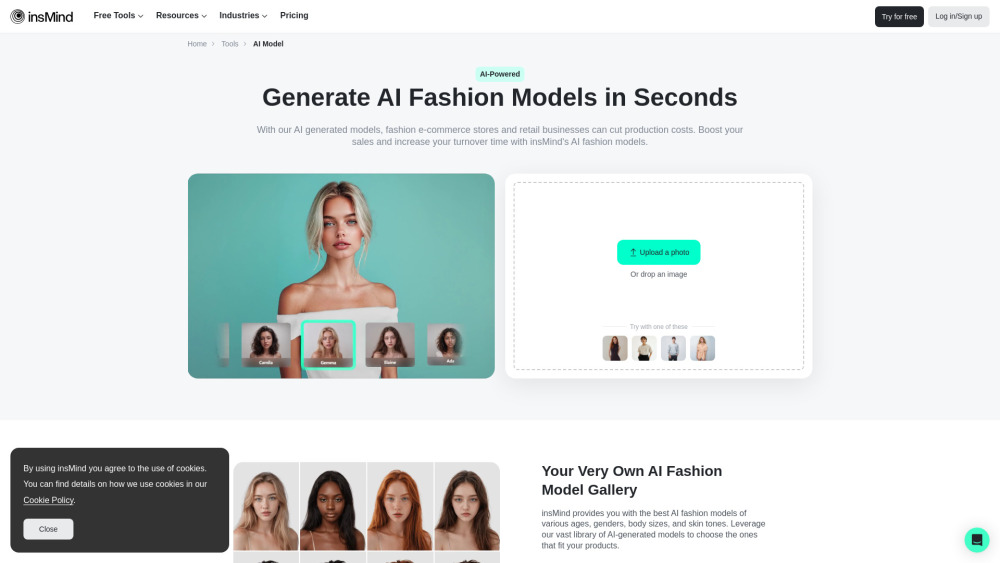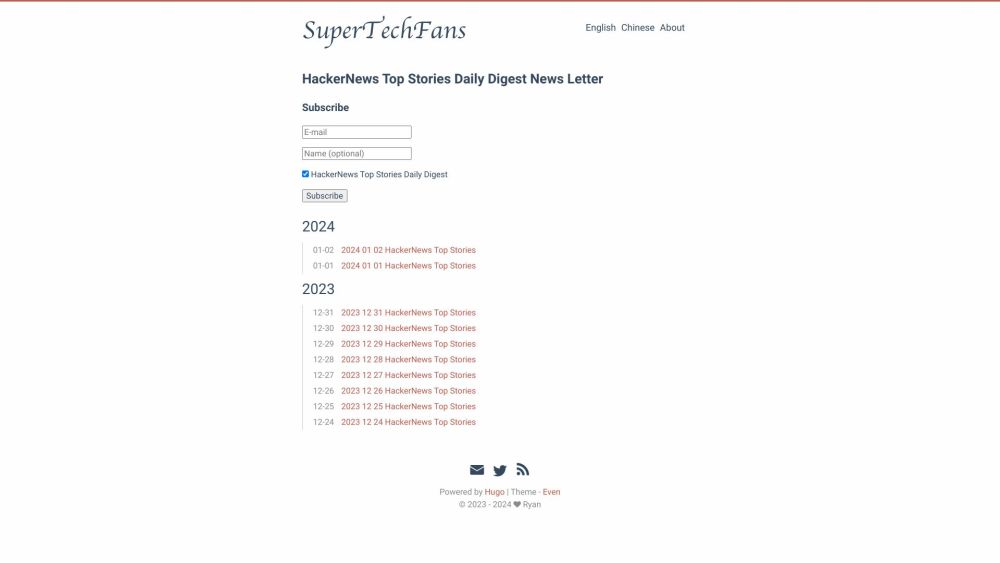Speak, an innovative English language learning platform supported by OpenAI’s Startup Fund, has successfully secured $16 million in a Series B-2 funding round led by angel investor Lachy Groom. Notable contributions also came from Dropbox co-founders Drew Houston and Arash Ferdowsi, bringing the startup’s total funding to $63 million. CEO Connor Zwick indicated that this investment will facilitate Speak's expansion into new markets, including a launch in the U.S. by the end of the year. Presently, Speak operates in approximately 20 countries, such as Japan, Taiwan, Germany, France, Brazil, and Mexico.
“It’s been remarkable to see how the tailored learning experience we crafted for the South Korean market has resonated globally, requiring minimal adjustments,” Zwick said in a press release. “Looking ahead, we plan to introduce our AI-powered tutor to major markets around the world by year-end, and we’re excited to launch in the U.S., providing English speakers with the opportunity to learn additional languages.”
Founded in 2016 by Zwick and Andrew Hsu, Speak emerged from their unique backgrounds—Zwick in edtech, having sold his flashcard app Flashcards+ to Chegg in 2013, and Hsu, who specializes in neuroscience. Initially connected through The Thiel Fellowship, they spent a year researching machine learning and developing accent detection algorithms informed by YouTube videos.
Speak’s mobile app for Android and iOS offers users interactive English conversation practice through diverse speaking experiences. The app features an “AI tutor” that facilitates open-ended discussions on various topics while providing constructive feedback on aspects such as pronunciation, grammar, and vocabulary.
Although the premise may seem akin to platforms like Duolingo or other AI-driven language apps, including Yanadoo and ELSA, Speak has carved out a significant niche for itself. It has become one of the top-downloaded education apps in South Korea, boasting over 100,000 subscribers and claiming to have aided approximately 3 million people—nearly 6% of the nation’s population—in learning English.
After receiving funding from OpenAI, Speak gained not only financial resources but also early access to OpenAI systems and Microsoft Azure resources. This partnership has allowed Speak to leverage OpenAI’s technology to enhance its features and capabilities. In March, the platform upgraded its AI Tutor with OpenAI's advanced GPT-4 model, enabling “highly personalized and contextual” feedback for users. Zwick noted, “GPT-4 generates text with greater accuracy and coherence, facilitating more natural and instructive interactions for learners,” which ultimately boosts user engagement and learning outcomes.
Additionally, in March, Speak integrated OpenAI’s Whisper API for multilingual speech recognition and collaborated on new plugins for ChatGPT. This integration enables ChatGPT users to access a version of Speak’s language tutoring experience, marking the company’s initial venture into teaching languages beyond English.
While other language-learning apps, such as Duolingo, have also benefited from early access to OpenAI technologies, Groom emphasizes that Speak's standout advantage lies in its commitment to affordable language education. “Education is a sector that AI will transform profoundly,” Groom stated. “Speak’s mission to provide a human-level, AI-powered tutor ensures that learners globally can practice conversational skills without shelling out premium prices for a live tutor.”





